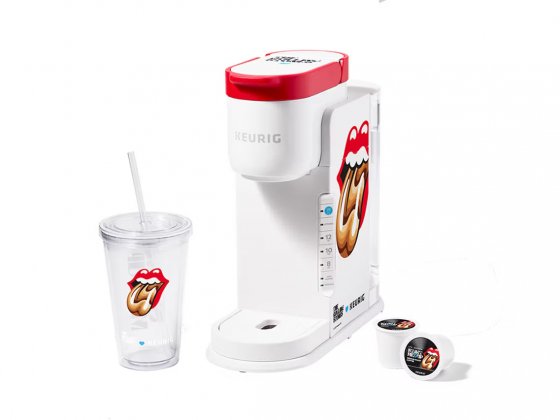It became known about the plans of PepsiCo to test how it will sell its Aquafina water in aluminum cans.
Prior to this, Aquafina was sold exclusively in plastic bottles. Recently, there has been a trend around the world to abandon plastic, so the intention of PepsiCo is one of the steps in this direction. Reducing the use of plastic will not only reduce pollution, but also reduce the greenhouse gas emissions that are inevitably generated by the production of such packaging.
While water in aluminum cans is a relatively new retail trend, PepsiCo is not the first company to enter the market with a similar offering. Such experiments have already been carried out repeatedly by other manufacturers. There is a tendency to review the materials used for packaging, the search for more environmentally friendly solutions. And no wonder, because in 2016 alone, according to Euromonitor International, 480 billion plastic bottles were sold worldwide, of which less than half were collected for recycling and only 7% was recycled into new bottles.
Also PepsiCo reportedthat from now on, water of the premium brand LIFEWTR will be produced exclusively in bottles made of recycled plastic. The company says these changes will come into effect in 2020. This is projected to eliminate more than 8,000 tons of new plastic and about 11,000 tons of greenhouse gas emissions annually.
PepsiCo promises to make all of its packaging recyclable, compostable or biodegradable by 2025. It will also use about 25% of recycled plastic by then.
Coca-Cola does not lag behind it, on the “conscience” of which 110 billion plastic bottles were sold in 2016. The company said it is working towards recycling 75% bottles of all of its production by 2020. Last December Coca-Cola has invested in technologies that will allow it to become more “green”.










